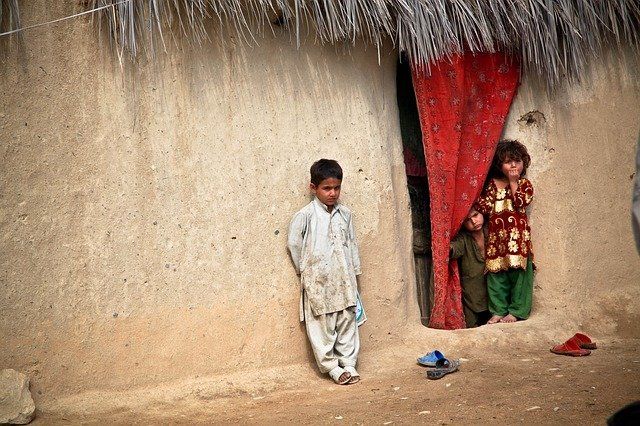The Office of Foreign Sanctions Implementation (OFSI) has updated its financial sanctions guidance for charities and non-government organisations (NGOs) (the "charity sector guidance") to include information of particular relevance to the situation in Afghanistan.
This update follows on from OFSI's August 2021 alert on Afghanistan, which reminded UK persons conducting business in Afghanistan that a number of individuals and entities related to the Taliban are on UN sanctions lists and listed under the UK's ISIL (Da'esh) and Al-Qaida sanctions. OFSI therefore advised UK persons to consider conducting enhanced due diligence in particular to identify if entities may be owned or controlled by designated persons.
Enhanced due diligence
The charity sector guidance states sanctions do not automatically preclude all forms of contact or engagement with a designated person who may have taken a position of authority in the government. When the charity's work could involve a designated person, OFSI advises that the charity undertake enhanced due diligence. In particular, the charity sector guidance directs charities to be aware of the ownership and control requirements under sanctions in conducting due diligence. Regulation 7 of the Afghanistan (Sanctions) (EU Exit) Regulations 2020 sets out the test for ownership and control. OFSI advises that this should be assessed on a case-by-case basis. Charities should follow a risk-based compliance approach which incorporates "the likelihood of [the charity] dealing with these individuals and organisations, directly or indirectly."
OFSI states that the "Taliban takeover has created a complex situation where people subject to financial sanctions (designated persons) in the UK now claim to be in positions of authority." Due diligence is therefore an important part of mitigating the sanctions risks.
Informal payments
OFSI also included additional information on "hawala" banking, which is prevalent in Afghanistan. As with any informal value transfer service ("IVTS"), hawala can increase risks and require enhanced due diligence to understand sanctions exposure. If hawala is the only means of payment, OFSI advises:
- obtain as much information as possible about the Hawala provider and the parties involved prior to making the transaction, and
- discuss the payment route with your bank in advance (as OFSI advises that commercial banks may have limited risk appetites to facilitate such payments)
Licensing and enforcement
The UK has not implemented sanctions against the Taliban as an entity, but there is no general charitable or humanitarian license for activity in Afghanistan. However, OFSI assures charities that it will consider public interest and take a "common-sense approach" in deciding how to respond to potential breaches.
OFSI states that it's working closely with its cross-government counterparts to address humanitarian challenges in Afghanistan. For example, OFSI will conduct a webinar with the Charity Commission of England and Wales to help provide some clarity on challenging issues. To get an alert on when this is scheduled, sign up for OFSI's email alerts.
Authors
Stay Up To Date with Ropes & Gray
Ropes & Gray attorneys provide timely analysis on legal developments, court decisions and changes in legislation and regulations.
Stay in the loop with all things Ropes & Gray, and find out more about our people, culture, initiatives and everything that’s happening.
We regularly notify our clients and contacts of significant legal developments, news, webinars and teleconferences that affect their industries.


